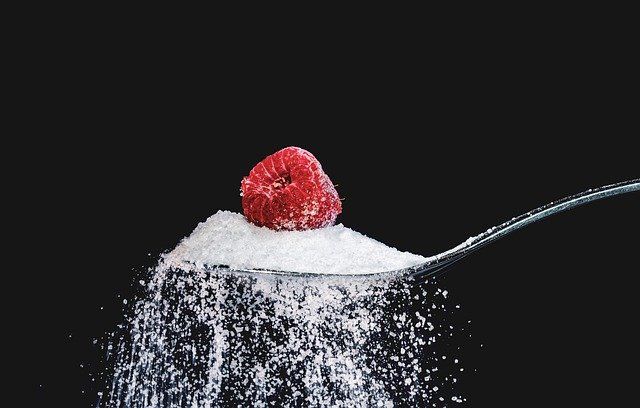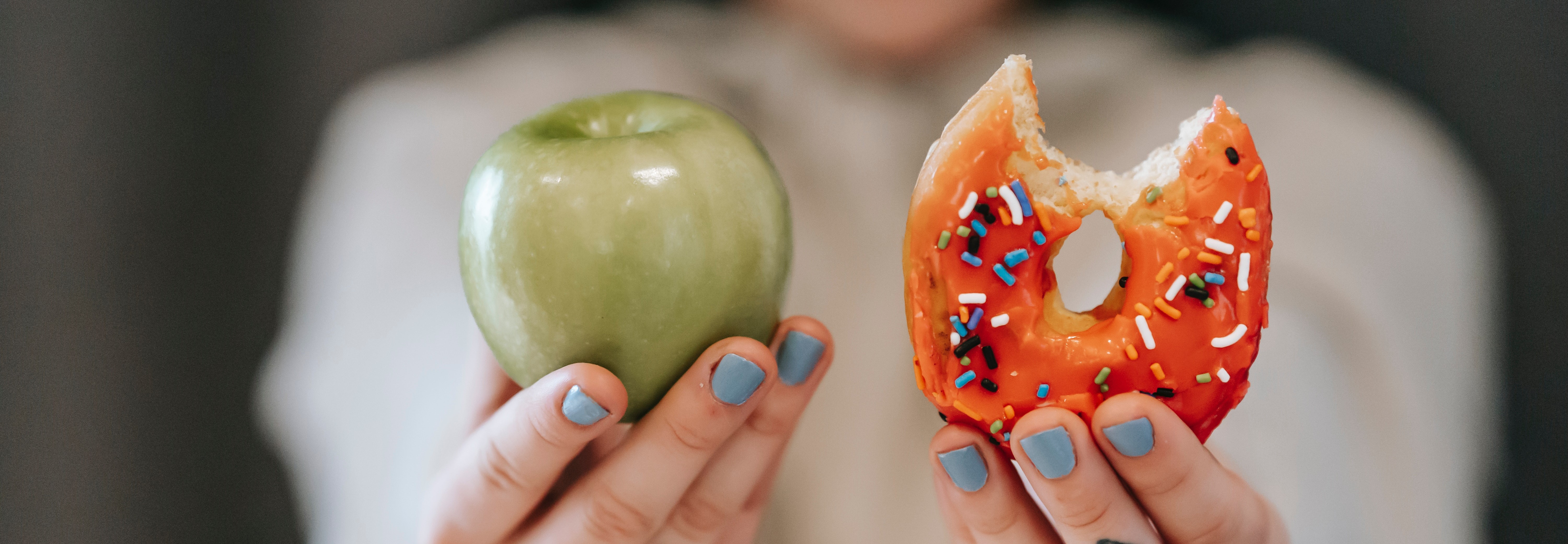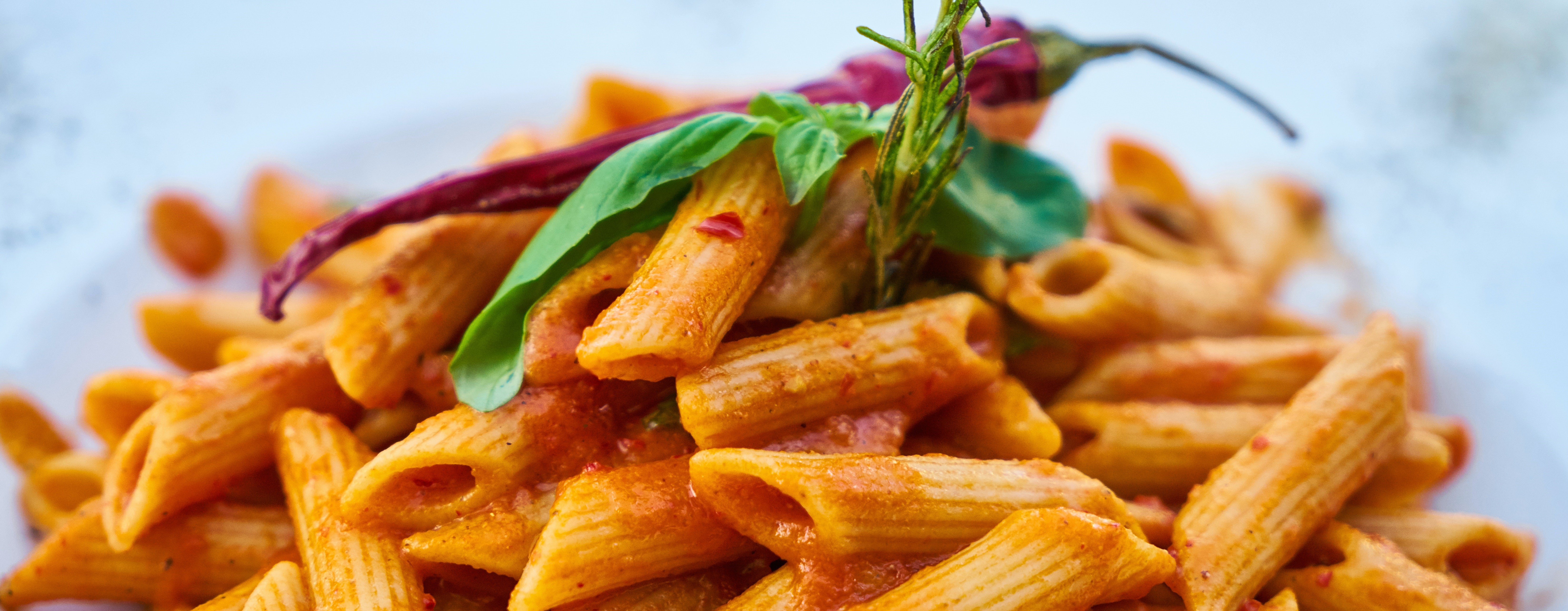
New high-in-fat, salt, or sugar (HFSS) legislation is due to come into effect in the UK starting from October 2022, heavily limiting the degree to which unhealthy foods can be promoted to consumers.
This comes as part of the government’s plans to tackle the mounting number of health issues the nation’s population is currently facing – trends highlighted and even exacerbated by the COVID-19 pandemic.
But what does all this mean for the humble snack food? What changes can we expect and when? What foods will be impacted? And will the measures make a difference?
The new changes will impact the way HFSS foods can be positioned and marketed to customers. Medium and large businesses – or those with over 50 employees – will be required to phase out multibuy promotions on unhealthy foods. This means that discounts like ‘buy one get one free’ will no longer be applicable to HFSS foods such as crisps and chocolate.
Further to this, HFSS foods will be banned from featuring in ‘key’ promotion locations within shops. This means no more displays on the ends of supermarket aisles and no more impulse-buy chocolate bars on the checkout.
As a final measure, the marketing of HFSS foods will be heavily restricted through digital channels and outright banned on pre-watershed television. The hope is that removing points of contact with these foods will meaningfully reduce consumption of them.

Nearly 71% of all sales at the UK’s largest food and drink manufacturers were for unhealthy products; needless to say, the new regulations encompass a huge swarth of different food groups.
Below, we’ve listed some of the most popular food groups and what percentage of foods within them are now considered HFSS:
Foods like deserts and cheese are eminently unhealthy – which is reflected in their high HFSS percentage – but foods like fruit juice, zero-added-sugar drinks, and coffee drinks will also feel the squeeze of the new rules.
A report commissioned by the Institute of Economic Affairs argues that these all-encompassing definitions ultimately categorise certain healthy foods – such as some pastas and cereals – as HFSS, therefore unfairly punishing their promotion and sales.

Research by Barclays and IRI insights estimates the change will place nearly £1.1bn worth of HFSS sales at risk every year. The food categories that will feel the tightest pinch are:
If these figures are to be believed, then the new rules are likely to have a large impact on the way firms formulate their products moving forwards. Barclays expects major players to step up their reformulation efforts in response to the rules by dropping the levels of HFSS-qualifying ingredients from their foods.
There is also the impact the changes will have on retailers. Multibuy discounts will no longer be permissible under the new rulings – a change some 70% of retailers are still unaware of – and supermarket floors will be under stricter control as unhealthy products are forced out of promotional displays.
If we are what we eat, then a large proportion of the population would be considered HFSS – me included. Regulation surrounding the food we eat was inevitable considering the obesity epidemic the nation is currently staring down the barrel of. The efficacy of the proposed measures remains to be seen – the best we can hope for is a pivot away from unhealthy foods which causes a mass reformulation effort in favour of healthier ingredients.
Products high in fat, salt, or sugar (HFSS) will be removed from prime locations in stores and volume promotions such as buy-one, get-one-free will be banned. Restrictions on digital marketing and advertising will also come into effect from 1 January 2023.